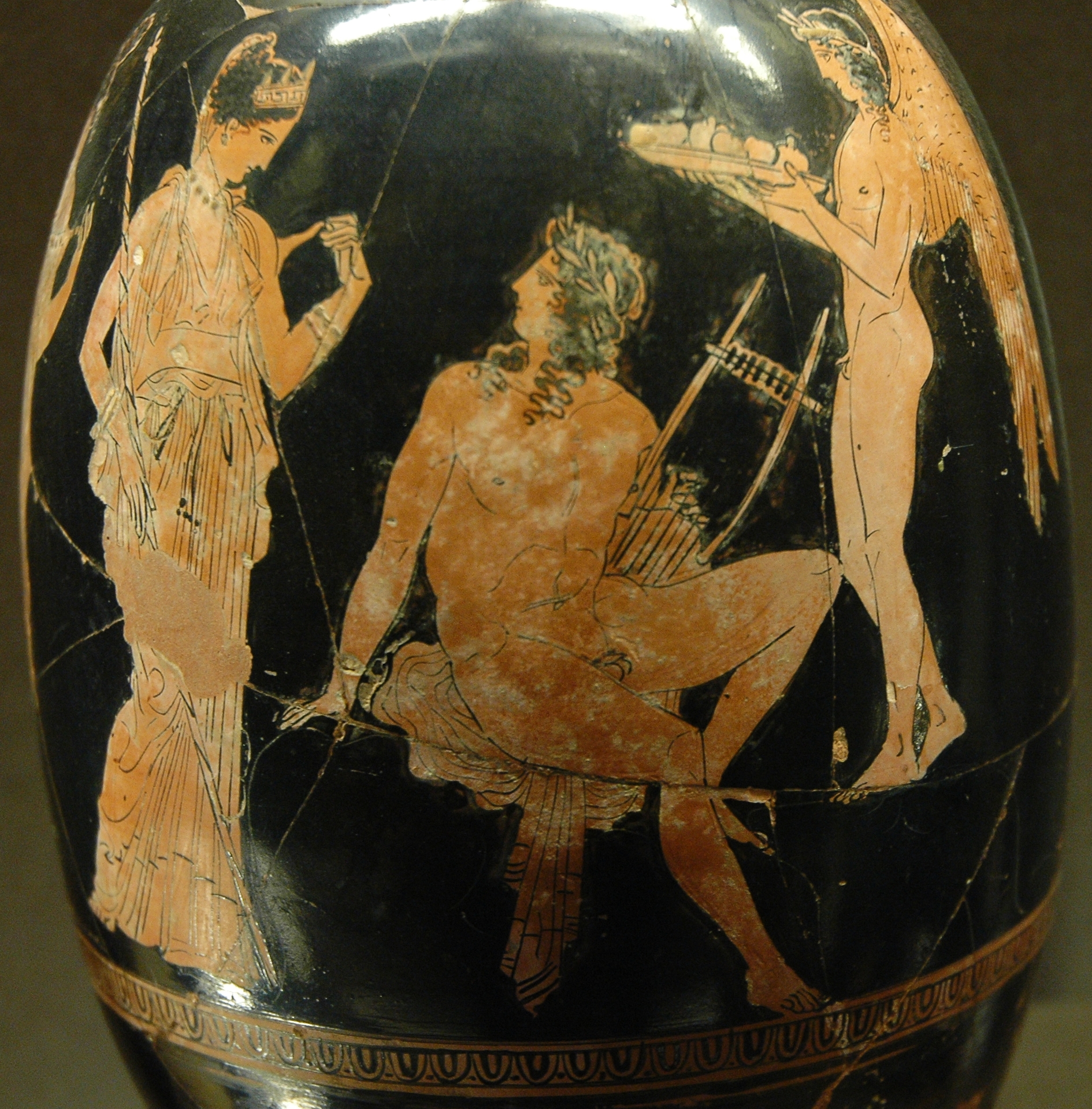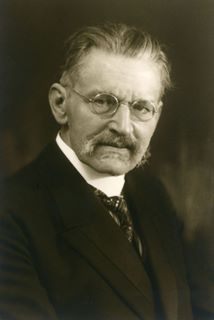|
Skolia
A skolion (from ) (pl. skolia), also scolion (pl. scolia), was a song sung by invited guests at banquets in ancient Greece. Often extolling the virtues of the gods or heroic men, skolia were improvised to suit the occasion and accompanied by a lyre, which was handed about from singer to singer as the time for each scolion came around. "Capping" verses were exchanged, "by varying, punning, riddling, or cleverly modifying" the previous contribution. Etymology Although Greek folk etymology connects skolion with δύσκολος 'difficult', the likeliest connection is with σκέλος 'bent limb, part' as joined verse or repartee. This use is comparable to Japanese renga 'linked verse'. Background Skolia are often referred to as 'banquet songs', 'convivial songs", or 'drinking songs'. The term also refers to poetry composed in the same form. In later use, the form was used in a more stately manner for chorus poetry in praise of the gods or heroes. Terpander is said to have be ... [...More Info...] [...Related Items...] OR: [Wikipedia] [Google] [Baidu] |
Praxilla
Praxilla (), was a Greek lyric poet of the 5th century BC from Sicyon on the Gulf of Corinth. Five quotations attributed to Praxilla and three paraphrases from her poems survive. The surviving fragments attributed to her come from both religious choral lyric and drinking songs (skolia); the three paraphrases are all versions of myths. Various social contexts have been suggested for Praxilla based on this range of surviving works. These include that Praxilla was a hetaira (courtesan), or that she was a professional musician. Alternatively, the apparent implausibility of a respectable Greek woman writing drinking songs has been explained by suggesting that her poetry was in fact composed by two different authors, or that the drinking songs derive from a non-elite literary tradition rather than being authored by a single writer. Praxilla was apparently well-known in antiquity: she was sculpted in bronze by Lysippus and parodied by Aristophanes. In the modern world, she has been refe ... [...More Info...] [...Related Items...] OR: [Wikipedia] [Google] [Baidu] |
Sappho
Sappho (; ''Sapphṓ'' ; Aeolic Greek ''Psápphō''; ) was an Ancient Greek poet from Eresos or Mytilene on the island of Lesbos. Sappho is known for her lyric poetry, written to be sung while accompanied by music. In ancient times, Sappho was widely regarded as one of the greatest lyric poets and was given names such as the "Tenth Muse" and "The Poetess". Most of Sappho's poetry is now lost, and what is not has mostly survived in fragmentary form; only the Ode to Aphrodite is certainly complete. As well as lyric poetry, ancient commentators claimed that Sappho wrote elegiac and iambic poetry. Three epigrams formerly attributed to Sappho have survived, but these are actually Hellenistic imitations of Sappho's style. Little is known of Sappho's life. She was from a wealthy family from Lesbos, though her parents' names are uncertain. Ancient sources say that she had three brothers: Charaxos, Larichos and Eurygios. Two of them, Charaxos and Larichos, are mentioned in the ... [...More Info...] [...Related Items...] OR: [Wikipedia] [Google] [Baidu] |
Herbert Weir Smyth
Herbert Weir Smyth (August 8, 1857 – July 16, 1937) was an American classical scholar. His comprehensive grammar of Ancient Greek has become a standard reference on the subject in English, comparable to that of William Watson Goodwin, whom he succeeded as Eliott Professor of Greek Literature at Harvard University. Life Herbert Weir Smyth was born in Wilmington, Delaware on August 8, 1857. He was educated at Swarthmore ( A.B. 1876), Harvard (A.B. 1878), Leipzig, and Göttingen ( Ph.D. 1884). From 1883 to 1885, he was instructor in Greek and Sanskrit at Williams College, and then for two years, he was reader in Greek at Johns Hopkins. From 1887 to 1901, he was professor of Greek at Bryn Mawr. In the latter year, he was called to Harvard as professor of Greek and in 1902, and he was appointed Eliott professor of Greek literature, succeeding Goodwin. From 1899 to 1900, he was professor of the Greek language and literature at the American Classical School at Athens. From 1889 t ... [...More Info...] [...Related Items...] OR: [Wikipedia] [Google] [Baidu] |
Richard August Reitzenstein
Richard August Reitzenstein (2 April 1861, in Breslau – 23 March 1931, in Göttingen) was a German classical philologist and scholar of Ancient Greek religion, hermetism and Gnosticism. He is described by Kurt Rudolph as “one of the most stimulating Gnostic scholars.” With Wilhelm Bousset, he was one of the major figures of the ''Religionsgeschichtliche Schule'' (history of religions school). His ''Poimandres: Studien zur Griechisch-Ägyptischen und frühchristlichen Literatur'' of 1904 was a pioneer scholarly study of the ''Poimandres'', which he compared to the ''Shepherd of Hermas''. In collaboration with the German Egyptologist Wilhelm Spiegelberg, Richard August Reitzenstein founded a famous collection of Greek and Egyptian papyri, purchased during an expedition in Egypt in 1898/99.Fr. COLIN, ''Comment la création d’une ‘bibliothèque de papyrus’ à Strasbourg compensa la perte des manuscrits précieux brûlés dans le siège de 1870'', La revue de la BNU, 2, 201 ... [...More Info...] [...Related Items...] OR: [Wikipedia] [Google] [Baidu] |



